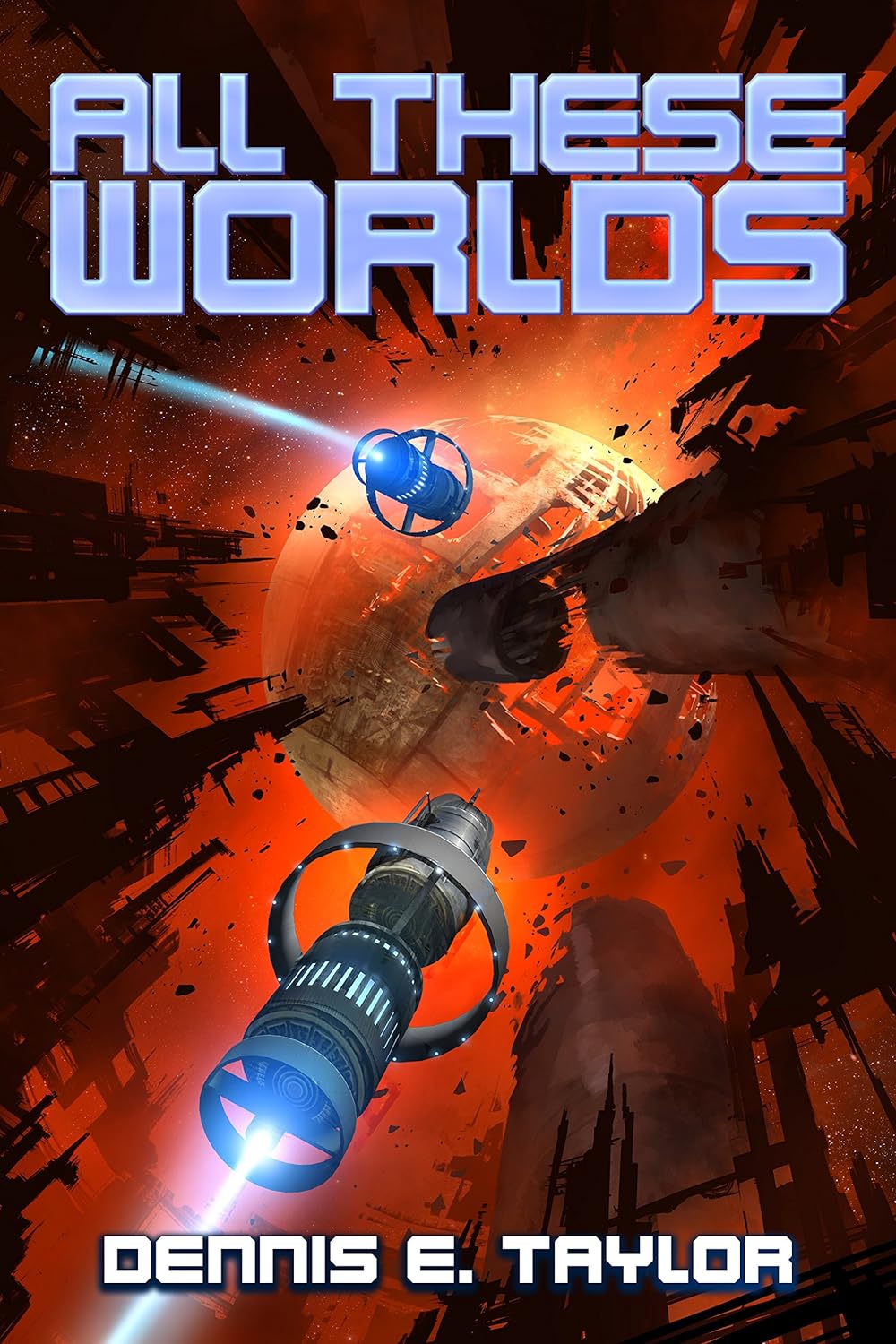All These Worlds

Review
All These Worlds is the third book in the Bobiverse series. It continues the story of the war with the genocidal Others started in For We Are Many.
Once again, All These Worlds features multiple, independent storylines, some new and some continuing from For We Are Many and even We Are Legion (We Are Bob). The ones that resonated with me most were:
-
The war with the Others, the defense of Earth, and the destruction of the Others’ homeworld.
-
Life as an android, exploring the legal rights and the ethical implications of deciding what happens to one’s mind after death.
-
The revolution on Poseidon against the authoritarian council.
My main critique of the Bobiverse is that storylines are always wrapped up too neatly and in favor of the Bobs. There are occasional setbacks—Medeiros wins a few battles, as do the Others, and Homer is captured—but inevitably Bob triumphs in a power-fantasy satisfying sort of way. It feels like a continuation of the “this book is like a TV show” theme: keep things moving, close out stories, and give the viewers something viscerally satisfying. Books have the potential to be deeper, but Bobiverse isn’t.
I previously compared For We Are Many to the Commonwealth Saga, but one significant difference is that no one seems to care about the destruction of the genocidal Others. The Bobs destroy the Others’ home system and their Dyson Sphere by colliding two planets into the star and setting off a supernova. Even the un-warlike Bob realizes it was the only option, unlike many of the characters in Pandora’s Star.
All These Worlds was another fun read, but I’m going to take a break and re-read A Fire Upon The Deep for my book club before continuing with Heaven’s River.